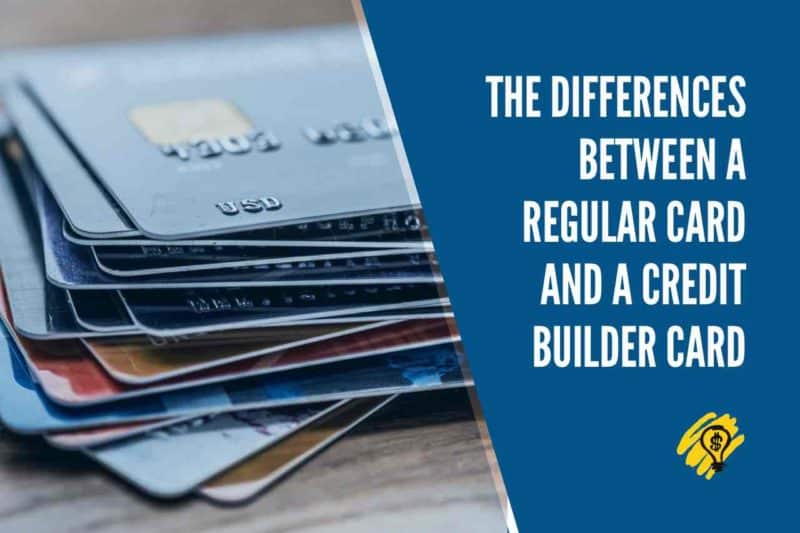A credit card is one kind of physical card that can be used to make purchases, settle accounts, or even get cash advances. Consider this card as a form of short-term borrowing.
A credit limit is assigned to you when you apply for a specific card. The amount of money that you are permitted to spend with your credit card is primarily determined by the card provider. As you make purchases with the card, credit card companies and banks often provide reward programmes that allow you to earn points that may be redeemed for offers, discounts, and other benefits.
How does a credit card work?
Credit cards can provide flexibility and the opportunity to save money if you’re getting back part of the money you spend in rewards by making a purchase. Using such a card responsibly also helps you establish a positive credit history.
As a good practice, it’s advisable to pay debt every month in total to incur a low or no interest rate depending upon your lender. The annual percentage rate, often known as the APR, on your credit card indicates the expense of carrying debt yearly. In addition to your interest rate, your APR includes additional expenditures, such as an annual fee if your card charges one.
What is a Credit Building Card?
Credit building credit cards are for individuals having difficulty obtaining standard credit cards.
Your credit history is used by banks and credit card firms to determine whether or not they would lend you money. If you have a low credit score, credit cards for rebuilding credit can come to the rescue by helping you develop or re-establish your credit score.
How do credit building cards work?
Credit builder credit cards operate similarly to a standard credit card in that you use it to make purchases and are subsequently charged interest on any amounts that are not repaid in full the following month. However, a credit building credit card would often have a lesser credit limit and a higher rate of interest (APR). Because a high APR implies you’ll be paying a significant amount of interest on your outstanding amounts, it’s critical to pay off your card balance in full each month if at all possible with credit building cards.
How to obtain a credit building credit card?
Access free eligibility checker online
Before you apply, determine which rebuilding credit cards you are most likely to get approved for. This will have no unfortunate effect on your credit score.
Filter the results to meet your exact requirements
You may sort the results table according to the criteria that are most essential to you, such as APR, approval likelihood, or available credit limit.
Choose the offer that suits you best
Choose the credit card that is most appropriate for your situation and most likely to be approved.
Conclusion
Having a standard credit card or credit building card for future mortgage and loan applications will simplify the process. Payments and purchases made with either card are reported to the main credit bureaus, so responsible usage might result in higher credit ratings and the ability to get further credit.
Even if you’ve experienced financial difficulties in the past, lenders and service providers will be impressed if you repay your loans on time. Using a credit builder card might help you demonstrate your ability to pay back the money you borrow.
Making timely repayments and remaining under your credit limit over many months can quickly make a positive difference in your financial situation.





